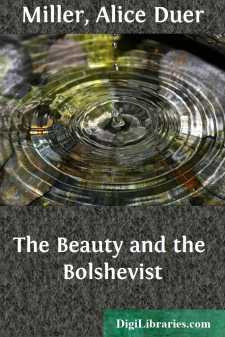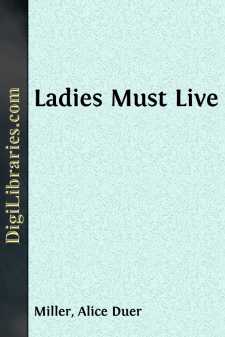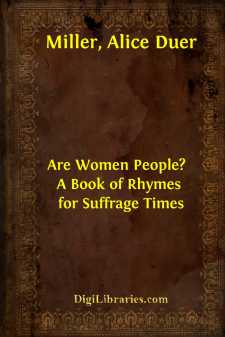Categories
- Antiques & Collectibles 13
- Architecture 36
- Art 48
- Bibles 22
- Biography & Autobiography 816
- Body, Mind & Spirit 145
- Business & Economics 28
- Children's Books 18
- Children's Fiction 14
- Computers 4
- Cooking 94
- Crafts & Hobbies 4
- Drama 346
- Education 58
- Family & Relationships 59
- Fiction 11831
- Foreign Language Study 3
- Games 19
- Gardening 17
- Health & Fitness 34
- History 1378
- House & Home 1
- Humor 147
- Juvenile Fiction 1873
- Juvenile Nonfiction 202
- Language Arts & Disciplines 89
- Law 16
- Literary Collections 686
- Literary Criticism 179
- Mathematics 13
- Medical 41
- Music 40
- Nature 179
- Non-Classifiable 1768
- Performing Arts 7
- Periodicals 1453
- Philosophy 66
- Photography 2
- Poetry 897
- Political Science 203
- Psychology 45
- Reference 154
- Religion 516
- Science 126
- Self-Help 86
- Social Science 82
- Sports & Recreation 34
- Study Aids 3
- Technology & Engineering 59
- Transportation 23
- Travel 463
- True Crime 29
Our website is made possible by displaying online advertisements to our visitors.
Please consider supporting us by disabling your ad blocker.
The Beauty and the Bolshevist
Description:
Excerpt
Chapter I
The editor of that much-abused New York daily, Liberty, pushed back his editorial typewriter and opened one letter in the pile which the office-boy—no respecter of persons—had just laid upon the desk while whistling a piercing tune between his teeth.
The letter said:
DEAR BEN,—I hate to think what your feelings will be on learning that I am engaged to be married to a daughter of the capitalistic class. Try to overcome your prejudices, however, and judge Eugenia as an individual and not as a member of a class. She has very liberal ideas, reads your paper, and is content to go with me to Monroe College and lead the life of an instructor's wife. You will be glad to know that Mr. Cord disapproves as much as you do, and will not give his daughter a cent, so that our life will be as hard on the physical side as you in your most affectionate moments could desire. Mr. Cord is under the impression that lack of an income will cool my ardor. You see he could not think worse of me if he were my own brother.
Yours,
DAVID.
The fine face of the editor darkened. It was the face of an idealist—the deep-set, slowly changing eyes, the high cheek bones, but the mouth closed firmly, almost obstinately, and contradicted the rest of the face with a touch of aggressiveness, just as in Lincoln's face the dreamer was contradicted by the shrewd, practical mouth. He crossed his arms above the elbow so that one long hand dangled on one side of his knees and one on the other—a favorite pose of his—and sat thinking.
The editor was often called a Bolshevist—as who is not in these days? For language is given us not only to conceal thought, but often to prevent it, and every now and then when the problems of the world become too complex and too vital, some one stops all thought on a subject by inventing a tag, like "witch" in the seventeenth century, or "Bolshevist" in the twentieth.
Ben Moreton was not a Bolshevist; indeed, he had written several editorials to show that, in his opinion, their doctrines were not sound, but of course the people who denounced him never thought of reading his paper. He was a socialist, a believer in government ownership, and, however equably he attempted to examine any dispute between capital and labor, he always found for labor. He was much denounced by ultraconservatives, and perhaps their instinct was sound, for he was educated, determined, and possessed of a personality that attached people warmly, so that he was more dangerous than those whose doctrines were more militant. He was not wholly trusted by the extreme radicals. His views were not consistently agreeable to either group. For instance, he believed that the conscientious objectors were really conscientious, a creed for which many people thought he ought to be deported. On the other hand, he doubted that Wall Street had started the war for its own purposes, a skepticism which made some of his friends think him just fit for a bomb.
The great problem of his life was how to hold together a body of liberals so that they could be effective....





